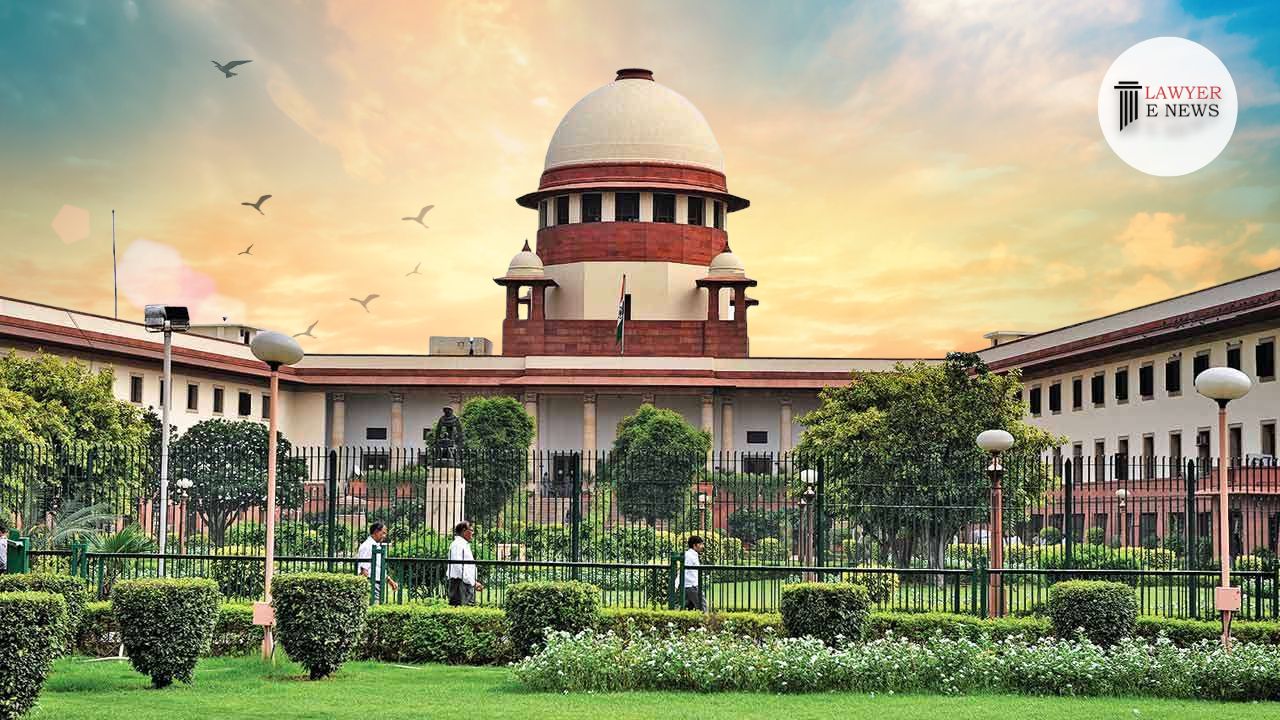-
by Admin
15 February 2026 5:01 PM



The Supreme Court of India has made a significant ruling in the case of Motiram Pandurang Lathad v. The State of Maharashtra, where the appellant’s conviction was altered from Section 302 (Murder) to Section 304 Part II (Culpable Homicide not amounting to Murder) under the Indian Penal Code (IPC).
Facts and Issues: The case centered on an incident where the appellant was initially accused of murder under Section 302 IPC. The key issue was whether the appellant's actions, which led to a person's death during a fight, constituted murder or culpable homicide, considering the absence of an intention to kill.
Intention in Commission of Offense: The Court observed that the appellant did not intend to commit murder. The deceased intervened in a fight between the appellant and another individual, resulting in his accidental death. This lack of intention was pivotal in requalifying the offence (Para 3, 6).
Period of Custody Considered: The Court noted that the appellant had already served 14 years in prison, excluding remission. Since this duration exceeded the maximum punishment for Section 304 Part II IPC, the Court ruled in favor of the appellant’s immediate release (Para 8).
Decision: The Supreme Court ordered the immediate release of Motiram Pandurang Lathad from Amaravati Central Prison, provided he is not involved in any other offense. The appeal was thus allowed in part, marking a significant decision in the realm of criminal jurisprudence related to the interpretation of intention under the IPC.
Date of Decision: 9th February 2024
Motiram Pandurang Lathad v. The State of Maharashtra
